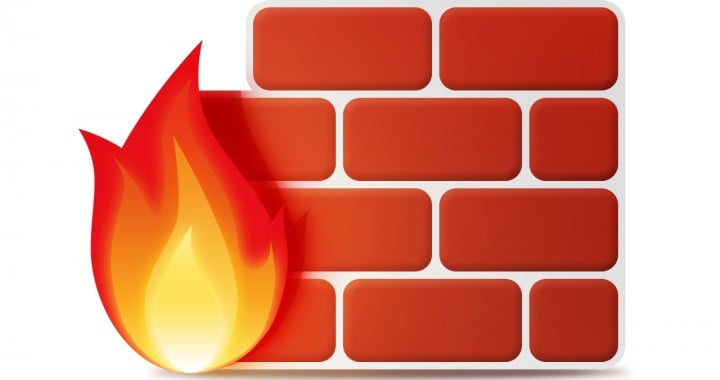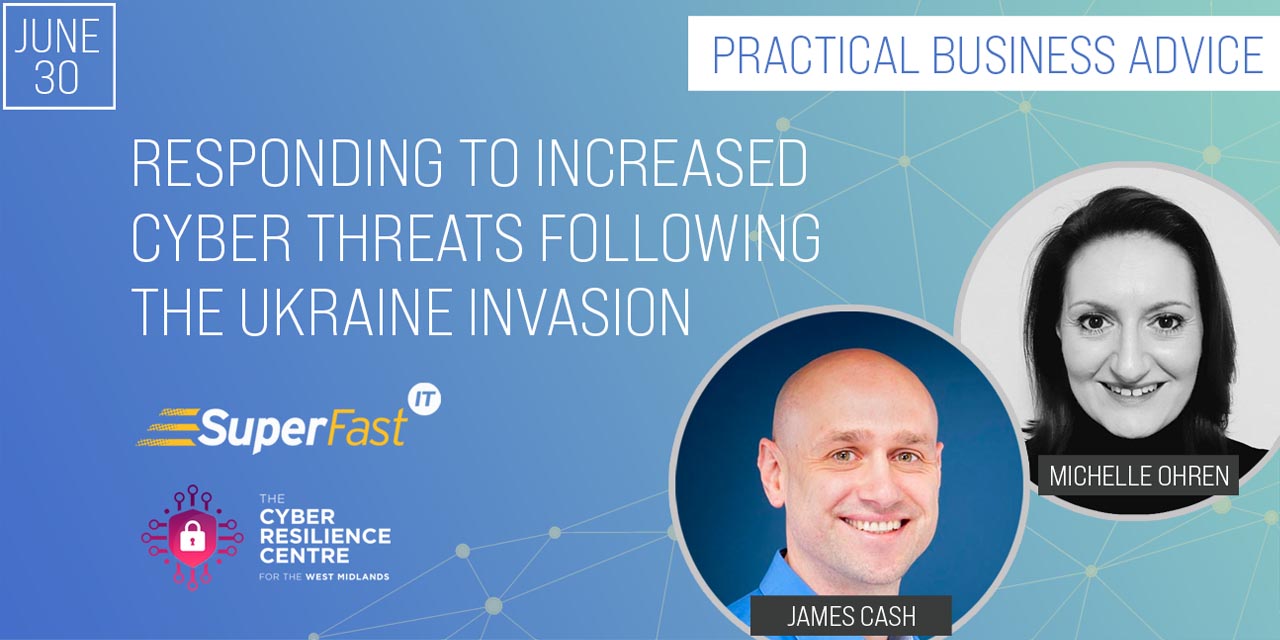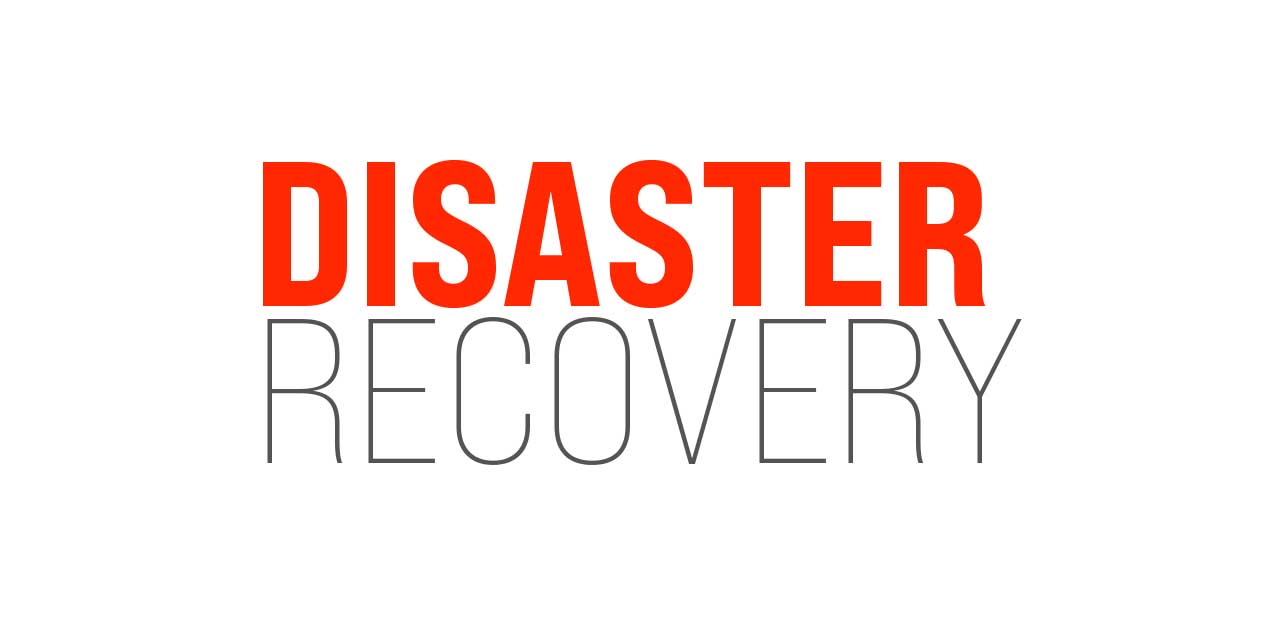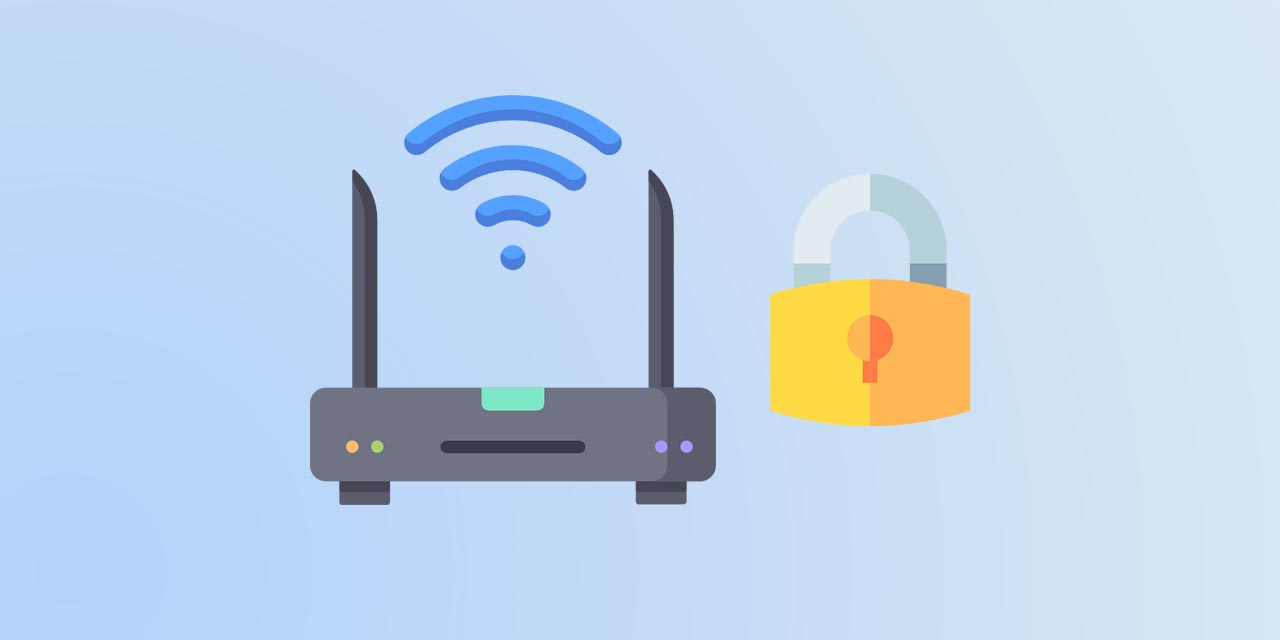Join us for our next webinar: Responding to Increased Cyber Threats Following the Ukraine Invasion
Responding to Increased Cyber Threats Following the Ukraine Invasion Thu 30th June 2022Virtual networking event ...

We are often asked: What is a firewall and what does it do? Why do I need it for my business? Firewalls are an essential part of any business network security. It offers a critical layer of protection and we recommend to implement a firewall as a standard practise to protect your network.
In short, a firewall can be either a piece of hardware or software on your network that runs monitoring checks on incoming and outgoing traffic to a user defined protocol. The firewall acts as a barrier between your computer and the internet which traffic flows through and is checked. If any traffic both incoming or outgoing goes against the predetermined set of rules, it will not be given access to the network. This can include blocked websites, viruses or malicious attacks.
There are hardware and software versions of firewalls. Usually, software versions aren’t as complex as hardware firewalls meaning they’re cheaper in price. For personal use software versions of firewalls should be fine. If you’re looking to implement a firewall to your business, we recommend having both software on computers and hardware for your network.
It is becoming more important than ever to ensure your business is cyber secure. Having a firewall implemented is a step that every business should take. Businesses are a big target for cyber criminals due to the host of personal information stored by companies.
Traditional firewalls will be basic packet filtering firewalls and monitor both incoming and outgoing traffic which is essential for businesses. Whenever you load a website, send an email or anything similar a packet of data will be passed through the network and in turn pass through the firewall. If the packet of incoming data passes the protocol set by the user, it will be forwarded through the firewall. If there is a discrepancy between the rules, the packet of data will be dropped and blocked by the firewall.
Businesses will transfer confidential information on a regular basis, so it’s of utmost importance to have a firewall in place. Newer and more sophisticated firewalls will always be updating to help you stay protected from various things, but it shouldn’t be the only line of defence you have. Things such as anti-virus software and being educated when it comes to cyber security will also help you be cyber secure.
If you’re looking to make your business cyber safe, remember to lean on an expert and ask lots of questions. Take a look at our security packages to understand what good cybersecurity looks like for a small accountancy firm. If you still have questions about your business' cybersecurity, then why not schedule some time with one of our experts.

Responding to Increased Cyber Threats Following the Ukraine Invasion Thu 30th June 2022Virtual networking event ...

It’s now more important than ever to have a regular backup and a disaster recovery plan for your data. Here are five reasons why all businesses, no...

Essential Steps for Enhanced Protection In an age where wireless connectivity is central to personal and business operations, securing Wi-Fi networks...